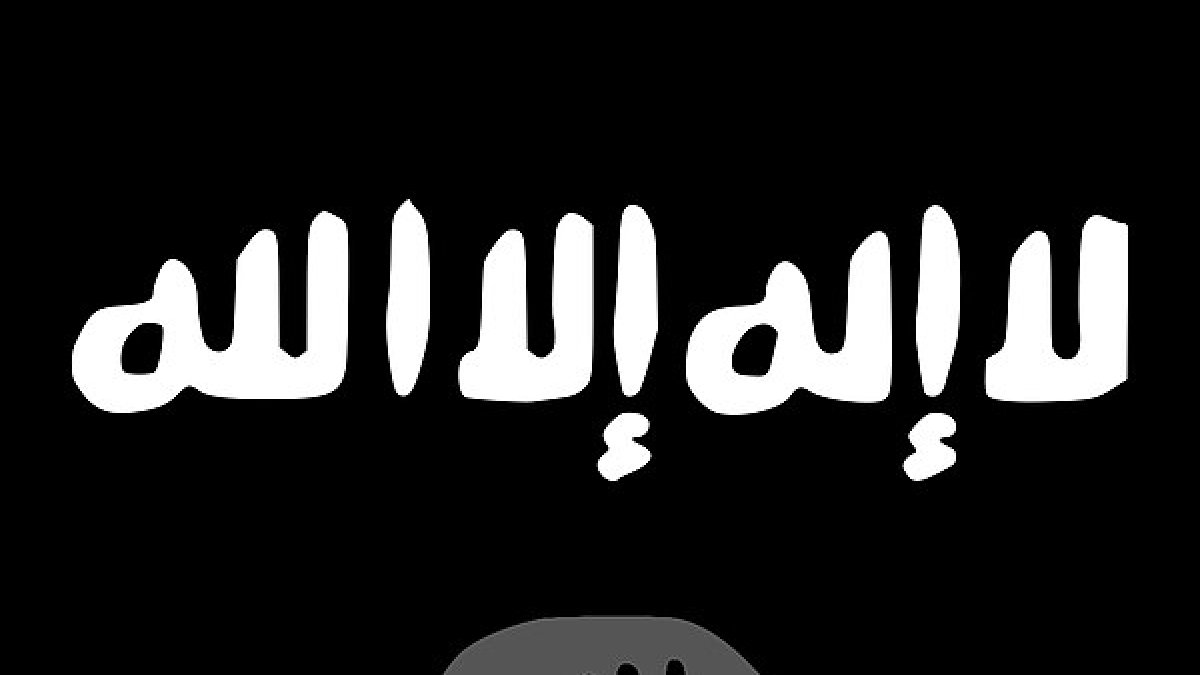Arrest of ISIS-linked man in Brazil heightens fears of jihadist invasion in Latin America
The suspect is accused of having maintained contacts with ISIS and recruiting young people for the terrorist group. An investigation reveals that it is far from being an isolated case.

Islamic State
A man was arrested last week at his home in the state of São Paulo, Brazil, on suspicion of having maintained contacts with the Islamic State (ISIS) terrorist organization and recruiting young people for the group, Argentine newspaper Infobae reported.
Fake weapons, chemicals for making explosives and a machete were found in the home of the suspect, named Thiago José Silva Barboza de Paula (44), located in the city of San Carlos.
The suspect participated in an online group called Comando 860, said Infobae, which had access to an investigation by the Atlántico Intelligence Group analysis center. In that group, ISIS propaganda was shared, as well as guerrilla and explosives manufacturing manuals.
The Command 860 used the TechHaven server for communications among its members and the dissemination of ISIS propaganda material.
Salafi860, the pseudonym of the group's director, often shares jihadist manuals and propaganda for its members. In publications he often calls for, among other things, killing "infidels" and congratulates those who carry out terrorist attacks, which Salafi806 considers "martyrdom operations."
According to Atlantic Intelligence Group, Salafi860 exchanged Latin American symbols with the ISIS logo with a person calling himself Abu Bakar Al Uruguay. One of these images shows a map of Brazil covered with the ISIS flag.
It is being investigated whether Abu Bakar Al Uruguay is a teenager detained on Uruguayan soil for making threats in TechHaven to perpetrate a terrorist attack.
Silva Barboza de Paula faces charges under the anti-terrorism law 13.260, enacted in Brazil in March 2016, where the promotion or integration to terrorist organizations is typified as terrorism, for which he could have to pay a fine and could receive between five and eight years in prison.
This is not an isolated event
This is not the first case of this type to happen in Brazil. In mid-2024, Fábio Samuel Da Costa Oliveira (20), also known by his pseudonym Mahmoud al Brazili, from Barbacena, Minas Gerais, was sentenced to seven years in prison for terrorism and corruption of minors.
Da Costa Oliveira had been arrested in June 2023 at São Paulo-Guarulhos International Airport while attempting to travel to Turkey to join ISIS.
On the encrypted pCloud platform, the young man said, among other things, that he intended to perpetrate an attack on the Israeli embassy in Brazil.
Concerns about the growing radicalization among young people
Infobae noted that, according to experts, the radicalization of young people, including minors, is a worrying trend in Latin America.
Experts also point out that poverty and lack of schooling could be related to the radicalization of young people, largely facilitated by foreign preachers.
In addition, it is estimated that following the fall of the regime of Bashar al-Asad in Syria, foreign jihadists could go to that country to join the ranks of various radical Islamist groups, as occurred during the establishment of a caliphate in parts of Syria and Iraq by ISIS in 2014.
Is ISIS-K's presence in the region increasing
According to statements made by sources connected with the investigation, concern is growing in Latin America over the threat from Islamic State of Greater Khorasan (ISIS-K), a branch of ISIS that is primarily active in South and Central Asia, as a suspected Tajik member of the terrorist group was recently arrested in Costa Rica.
Brazil, investigative sources revealed to Infobae, has also long been alerted to the possibility of ISIS-K jihadists transiting the country, particularly by individuals from Tajikistan.
Financing Hezbollah from Brazil
Moreover, for many years now, Brazil has been used by radicalized Islamist elements to finance the Lebanese terrorist group Hezbollah. In fact, Infobae mentioned a disturbing case that occurred last October in Mato Grosso, on the border with Bolivia, when Brazilian security forces seized 500 bricks of cocaine and on each of them was written in Arabic "23". To date it is not known to whom the shipment was destined, but it could be part of the financing scheme for Hezbollah or another terrorist group.


























